Zumosun Developing Mind to Developed Mind Work Engine
1. Approach:
The "Developing Mind to Developed Mind" approach is a holistic and structured methodology designed to elevate an individual's cognitive, emotional, and intellectual capacities. This approach focuses on nurturing the potential within the developing mind, guiding it through a series of structured steps to reach a state of higher thinking, creativity, problem-solving, and self-awareness—characteristics of a developed mind.
Key Components:
- Cognitive Development: Enhancing critical thinking, reasoning, and analytical abilities.
- Emotional Intelligence: Building emotional awareness, self-regulation, and empathy.
- Continuous Learning: Promoting lifelong learning and adaptability to change.
- Self-Actualization: Encouraging individuals to realize and achieve their fullest potential.
2. Concept:
The concept of "Developing Mind to Developed Mind" is grounded in the idea that every person possesses an innate potential for growth and development. This potential can be unlocked and nurtured through intentional and guided processes. The transition from a developing to a developed mind involves moving from a state of learning and growth to one of mastery and application. This concept is applicable across various domains, including education, personal development, leadership, and innovation.
Key Elements:
- Growth Mindset: Cultivating a mindset that embraces challenges and sees failures as opportunities for growth.
- Holistic Development: Addressing both cognitive and emotional aspects of the mind to ensure balanced growth.
- Practical Application: Ensuring that developed skills and knowledge are applied in real-world scenarios for tangible outcomes.
3. Strategy and Planning:
Strategy: The strategy for "Developing Mind to Developed Mind" involves a multi-phase approach that guides individuals through various stages of mental and emotional growth. The strategy includes:
- Initial Assessment: Evaluating the current state of the mind to identify strengths and areas for development.
- Customized Learning Paths: Creating personalized learning and development plans based on individual needs and goals.
- Mentorship and Coaching: Providing ongoing support through mentorship and coaching to facilitate growth.
- Real-World Application: Integrating opportunities for individuals to apply their learning in practical contexts, ensuring the transition from theoretical understanding to practical expertise.
Planning: Planning involves setting clear milestones and objectives for each phase of development. This includes:
- Phase 1: Awareness and Understanding: Introducing foundational concepts and encouraging self-reflection.
- Phase 2: Skill Development: Focusing on the acquisition of specific cognitive and emotional skills.
- Phase 3: Application and Mastery: Encouraging the practical application of skills and knowledge in real-world situations.
- Phase 4: Continuous Growth: Promoting ongoing learning and development to maintain and enhance the developed mind.
4. Methods and Principles:
Methods:
- Socratic Method: Encouraging critical thinking and self-reflection through guided questioning and dialogue.
- Experiential Learning: Learning through experience and practical application rather than theoretical instruction alone.
- Mindfulness Practices: Integrating mindfulness and meditation techniques to enhance focus, emotional regulation, and self-awareness.
- Cognitive Behavioral Techniques: Using cognitive-behavioral approaches to reshape thought patterns and behaviors.
Principles:
- Holism: Emphasizing the importance of developing all aspects of the mind—cognitive, emotional, and social.
- Personalization: Tailoring development paths to the unique needs and goals of each individual.
- Empowerment: Empowering individuals to take ownership of their growth and development journey.
- Resilience: Building mental and emotional resilience to navigate challenges and setbacks.
5. Developing Mind to Developed Mind Law:
Legal Considerations:
- Educational Standards: Ensuring that all educational and developmental practices comply with relevant educational standards and regulations.
- Ethical Considerations: Adhering to ethical principles in mentorship, coaching, and psychological practices.
- Data Privacy: Protecting the privacy and confidentiality of individuals undergoing development processes.
6. Advantages:
- Enhanced Cognitive Abilities: Individuals develop stronger critical thinking, problem-solving, and analytical skills.
- Improved Emotional Intelligence: Greater emotional awareness and regulation lead to better interpersonal relationships and decision-making.
- Increased Adaptability: Individuals become more adaptable and open to change, enhancing their ability to thrive in dynamic environments.
- Self-Actualization: The process supports individuals in achieving their fullest potential and living fulfilling, purpose-driven lives.
7. Disadvantages:
- Time-Intensive: The process of developing a mind to a fully developed state can be time-consuming and requires a long-term commitment.
- Resource Demands: Access to mentorship, coaching, and educational resources may require significant investment.
- Resistance to Change: Individuals may resist the deep personal changes required to move from a developing to a developed mind.
- Complexity: The holistic nature of the approach may be complex to implement, requiring careful planning and execution.
8. Required Resources and Sources:
- Books: Recommended readings on cognitive development, emotional intelligence, and personal growth.
- Workshops and Seminars: Opportunities for immersive learning and skill development.
- Mentors and Coaches: Access to experienced mentors and coaches who can guide the development process.
- Assessment Tools: Tools and tests to evaluate cognitive and emotional development at various stages.
9. Comparisons in Matrix Form:
A comparison matrix will be included to help readers understand how the Zumosun "Developing Mind to Developed Mind" Work Engine compares to other development approaches. Key variables will include:
| Variable | Zumosun Developing Mind to Developed Mind | Traditional Development Approaches |
| Scope | Holistic, Cognitive and Emotional | Often Focused on Cognitive Development |
| Focus | Continuous, Lifelong Development | Time-Limited, Goal-Oriented |
| Personalization | High, Customized Learning Paths | Often Generalized, One-Size-Fits-All |
| Application | Strong Emphasis on Practical Application | Variable, Often Theoretical |
| Support System | Comprehensive, Including Mentorship | Limited, Often Self-Guided |
| Outcome | Self-Actualized, Developed Mind | Variable, Often Incomplete Development |
10. Conclusion and Call to Action:
Conclusion: The "Developing Mind to Developed Mind" Work Engine by Zumosun offers a comprehensive and structured approach to nurturing and unlocking the full potential of the human mind. By focusing on both cognitive and emotional development, this methodology provides individuals with the tools and support they need to transition from a state of learning and growth to one of mastery and self-actualization. However, the process requires careful planning, ongoing support, and a commitment to continuous growth.
Call to Action:
- Embrace the Developing Mind to Developed Mind Journey: Encourage individuals and organizations to begin their journey towards cognitive and emotional mastery by adopting this holistic approach.
- Leverage Zumosun's Resources: Provide information on available tools, workshops, and coaching services to support the development process.
- Join the Zumosun Network: Engage with a community of like-minded individuals and experts who are also on the path to developing a fully realized mind.
- Start Your Development Journey: Emphasize the importance of starting the development process now to achieve long-term personal and professional fulfillment.
This detailed outline ensures that the Zumosun "Developing Mind to Developed Mind" Work Engine is presented as a practical and effective guide for individuals and organizations seeking to unlock the full potential of the human mind.
About The Author:-
Prakash Chand Sharma, a multi-talented leader, defies labels. He's a pioneer of "The Doctorate of Growth & Success" and the Work Engine Network. Sharma seamlessly blends expertise in engineering, law, finance, and business.
His academic background (visiting professor) combined with engineering, legal practice, and tax consultancy experience showcases his intellectual depth. Over a decade of entrepreneurship across various sectors, coupled with leadership positions in multiple companies, has honed his strategic vision.
This unique blend positions Sharma as a transformative leader and a sought-after mentor. His visionary leadership has driven the success of the Zumosun Group, a diversified conglomerate. His dedication to growth extends beyond business with his innovative "The Do.GS" concept.
Follow On:-
1. https://www.linkedin.com/in/eng-adv-ca-d-prakash-chand-sharma-26586143/
2. https://www.facebook.com/er.adv.ca.prakash.chandsharma.35
No reviews found.

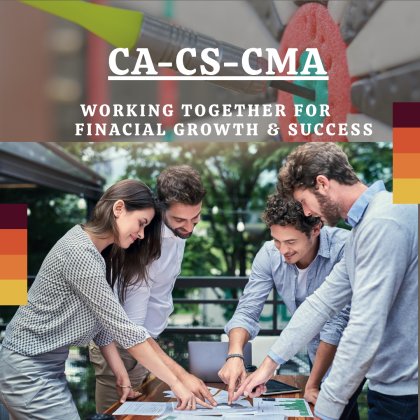



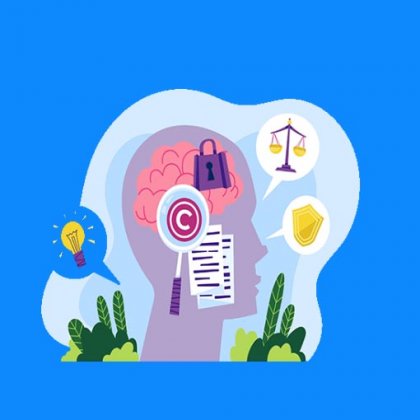


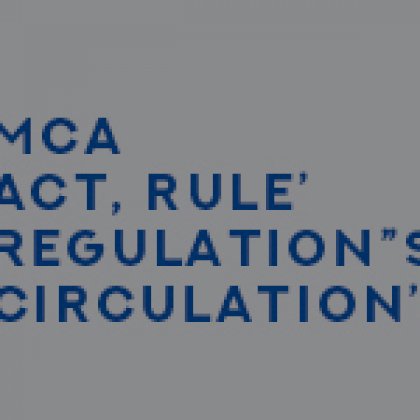

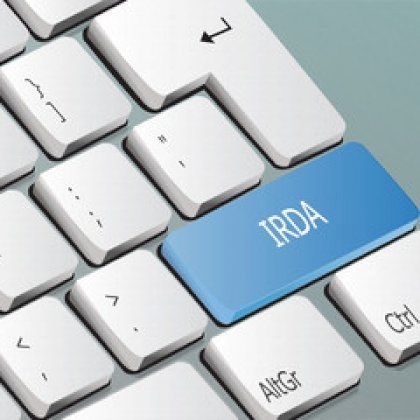

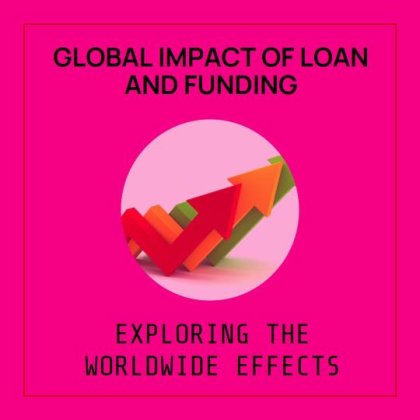
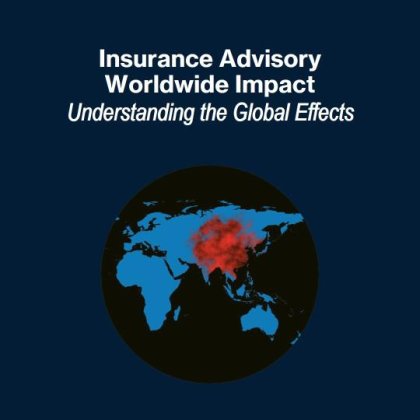

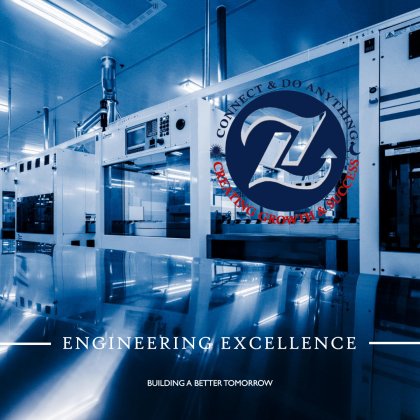


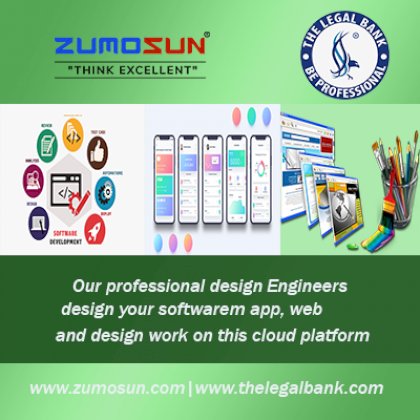


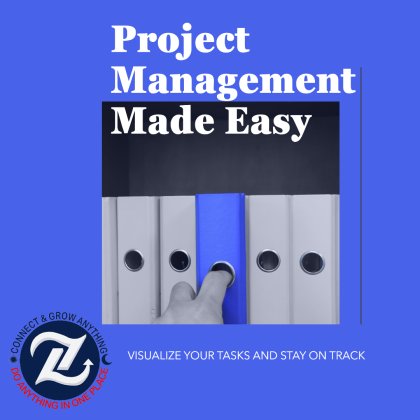




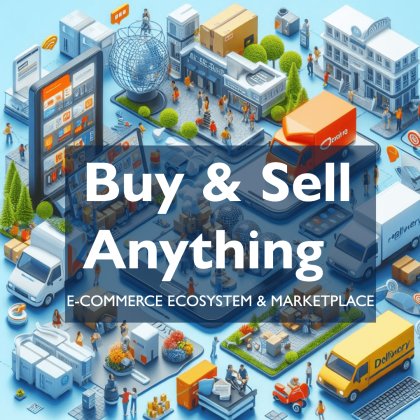
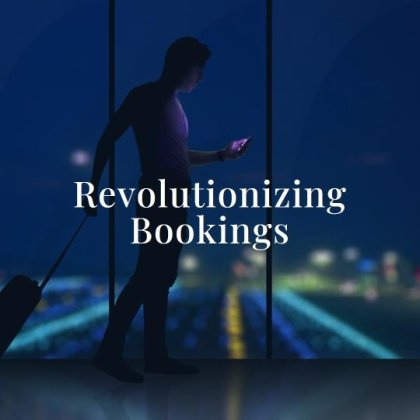

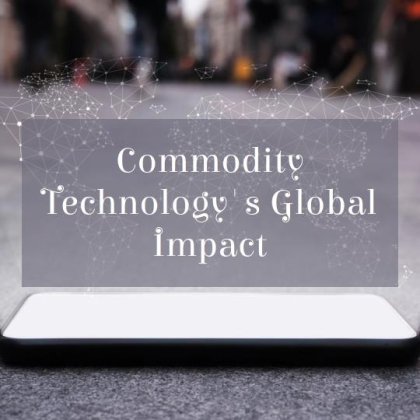




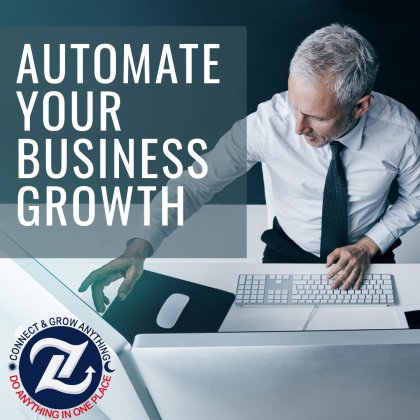


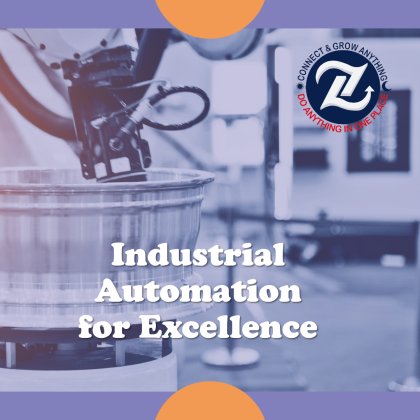
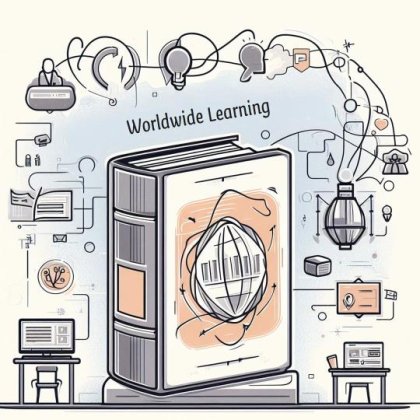

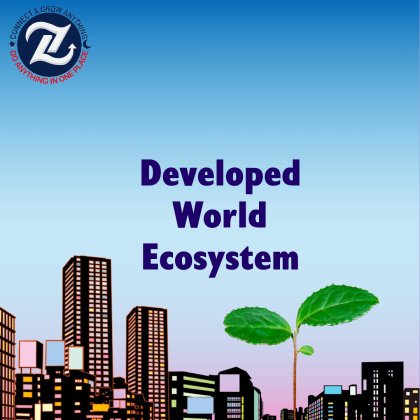
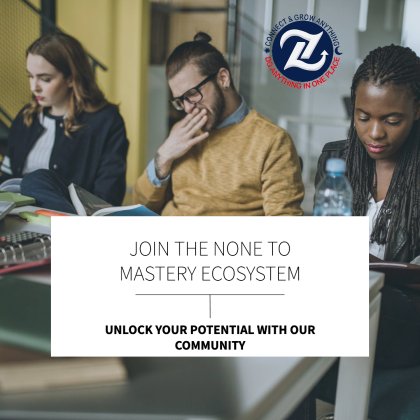
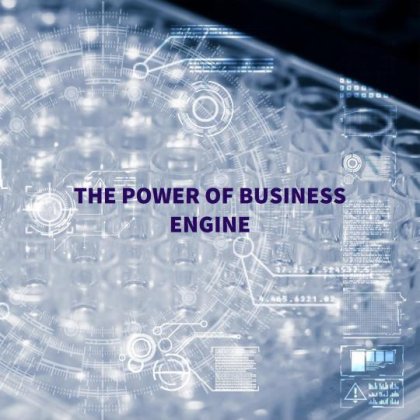
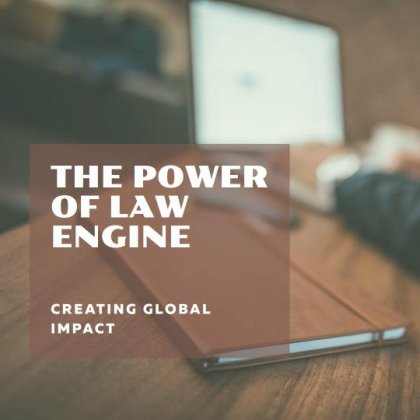
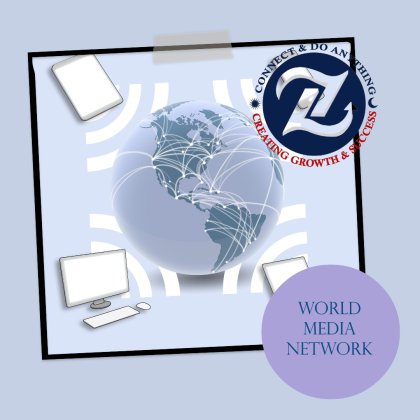
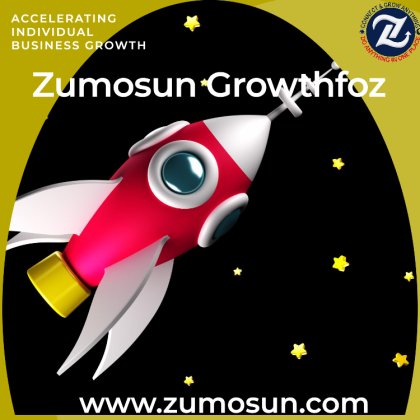

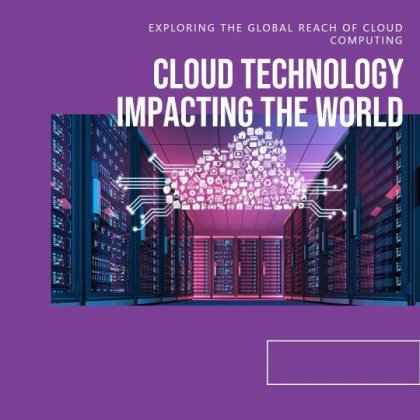
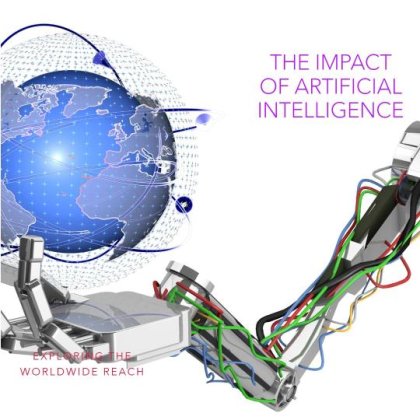










No comments found for this product. Be the first to comment!